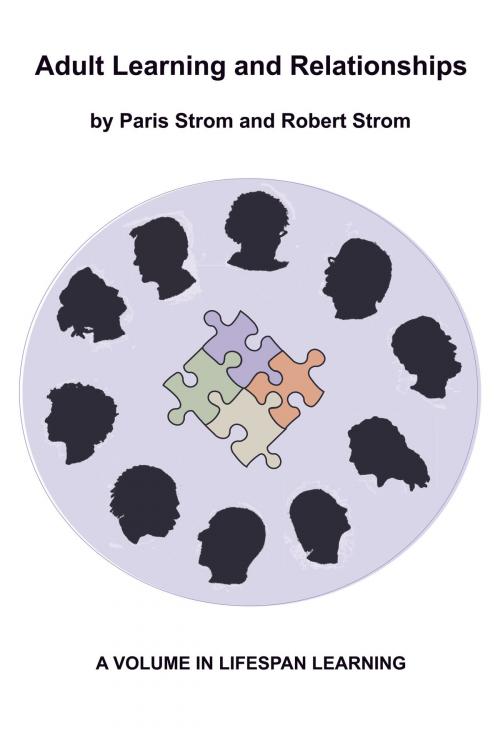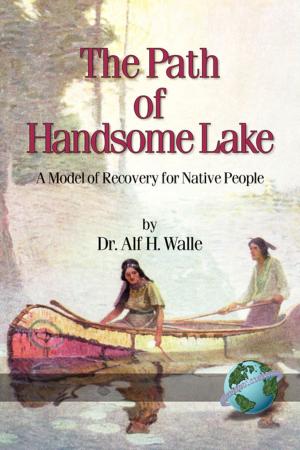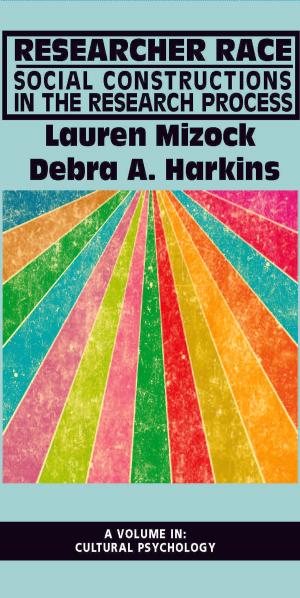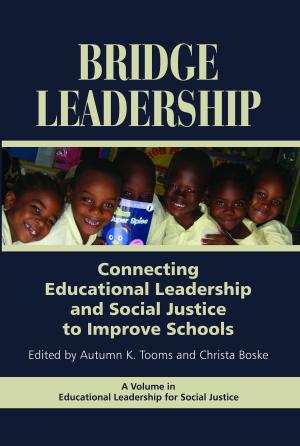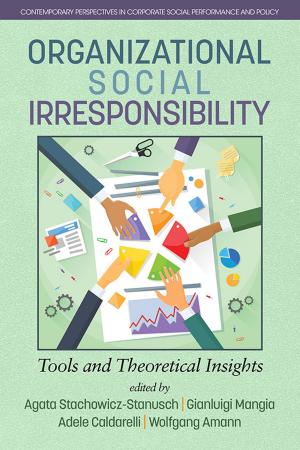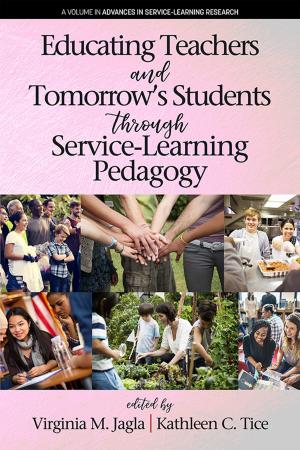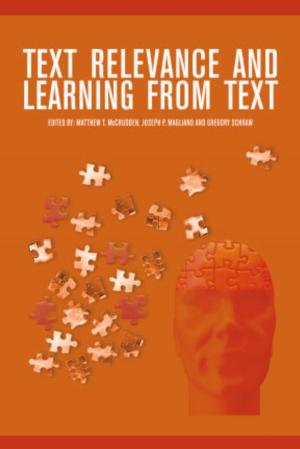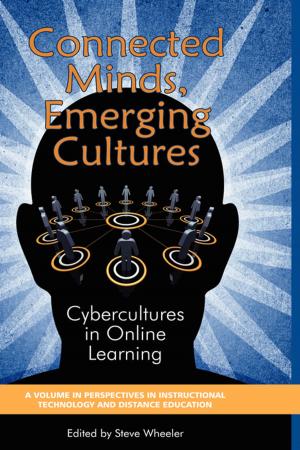Adult Learning and Relationships
Nonfiction, Reference & Language, Education & Teaching, Educational Theory, Adult & Continuing Education| Author: | Paris S. Strom, Robert D. Strom | ISBN: | 9781617353895 |
| Publisher: | Information Age Publishing | Publication: | April 1, 2011 |
| Imprint: | Information Age Publishing | Language: | English |
| Author: | Paris S. Strom, Robert D. Strom |
| ISBN: | 9781617353895 |
| Publisher: | Information Age Publishing |
| Publication: | April 1, 2011 |
| Imprint: | Information Age Publishing |
| Language: | English |
The communication and technology revolution presents each age group of adults with new expectations for learning. This book describes how education for young adults (20 to 40 years of age), persons of middle age (40 to 60 years of age) and older adults (age 60 +) can be differentiated to fulfill changing role demands emerging in response to social transformation. Developmental tasks for a society of longevity are defined including why youth should be seen as essential sources of learning for adults. Themes for each generation are school, work, family, and personal identity. The way to ensure consideration of cultural evolution and cultural preservation is for intergenerational communication to become a common obligation. Reliance on agesegregated communication is popular and comfortable because peer conversations have greater agreement and less uncertainty. However, this practice prevents reflection on views regarded as important by other age groups. When greater amounts of time are devoted to intergenerational dialogue, the usual outcomes are reciprocal learning, mutual respect, and harmony. This book identifies and elaborates the conditions of learning needed to motivate an ageintegrated society. This book is for several audiences. Faculty and students studying development will find insights on learning at successive ages. Counselors will learn about client needs across the full age range of adulthood. Social service providers will recognize transition in family relationships. Nurses and administrators will discover ways to help assisted living residents maintain mental abilities and build social networks. General readers will understand ways to improve life for relatives, friends, coworkers, and themselves.
The communication and technology revolution presents each age group of adults with new expectations for learning. This book describes how education for young adults (20 to 40 years of age), persons of middle age (40 to 60 years of age) and older adults (age 60 +) can be differentiated to fulfill changing role demands emerging in response to social transformation. Developmental tasks for a society of longevity are defined including why youth should be seen as essential sources of learning for adults. Themes for each generation are school, work, family, and personal identity. The way to ensure consideration of cultural evolution and cultural preservation is for intergenerational communication to become a common obligation. Reliance on agesegregated communication is popular and comfortable because peer conversations have greater agreement and less uncertainty. However, this practice prevents reflection on views regarded as important by other age groups. When greater amounts of time are devoted to intergenerational dialogue, the usual outcomes are reciprocal learning, mutual respect, and harmony. This book identifies and elaborates the conditions of learning needed to motivate an ageintegrated society. This book is for several audiences. Faculty and students studying development will find insights on learning at successive ages. Counselors will learn about client needs across the full age range of adulthood. Social service providers will recognize transition in family relationships. Nurses and administrators will discover ways to help assisted living residents maintain mental abilities and build social networks. General readers will understand ways to improve life for relatives, friends, coworkers, and themselves.
